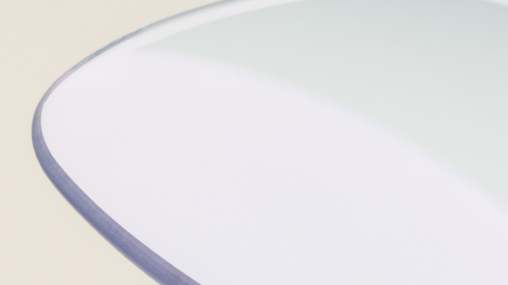Reduces glare
Minimizes reflections from screens and other light sources.
Free Shipping & Returns • No code required

Enjoy clearer vision and reduced glare, for a more comfortable and focused view all day long.
This coating consists of thin layers applied to lenses that reduce reflections and allow more light to pass through, improving clarity. They're helpful for those who drive at night or work in bright environments. It works by minimizing light reflections, which often cause glare and reduce visibility. Made of multiple metal oxide layers, the coating cancels out specific wavelengths of light, providing clearer vision and less eye strain.

Minimizes reflections from screens and other light sources.

Diminishes glint from headlights and city lights.

Reduces eye strain caused by harsh lighting.

Makes your eyes the focus—not your glasses.
Choose your favorite frame and personalize it with premium lens options to suit you.

Designed to correct one type of vision issue, ensuring clarity and simplicity in your daily activities. Ideal for correcting nearsightedness, farsightedness, presbyopia, or astigmatism.
Read moreDive into our articles to explore the best styles that go hand in hand with an anti-reflective coating.